While the cable industry hasn’t fessed up to how much it makes leasing set-top boxes to their customers, in July, lawmakers crunched some numbers and found that it could be a $20 billion industry, with consumers paying up to $232 every year on that equipment. Two advocacy groups are now asking the Federal Communications Commission to begin a rulemaking proceeding to reform the video set-top box market, saying cable and pay-TV companies are overcharging consumers by $6 billion to $14 billion annually. [More]
cable
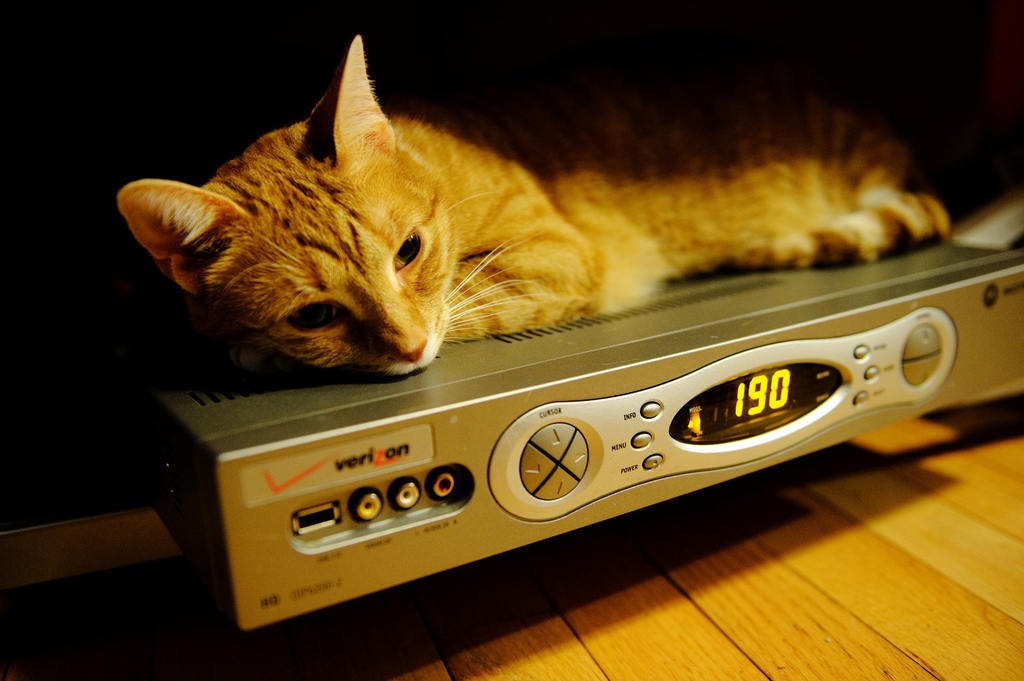
Groups Ask FCC To Reform Set-Top Box Market, Say New Rules Could Save Consumers Billions Every Year

A Message From The Year 2026 About The Future Of Your TV
Thirty years ago, in 1996, you actually used your TV to watch broadcast or cable signals — live, as things aired. Twenty years ago, in 2006, you probably still had cable, but you probably also had a DVR, freeing you to watch programming at your leisure (much to the chagrin of advertisers). Ten years ago, in 2016, you may or may not have decided to cut the coaxial cord — but even if you had cable, odds were high you complemented it with some kind of streaming service. But by today, Jan. 4, 2026, if you even remember what “cable” was, that’s probably because you only see it at your grandparents’ house. [More]

Dispute May Kill AMC On Small Cable Provider; CEO Hints That Maybe Bundles Are The Real Zombie
Disputes between cable networks (or their parent companies) and the distribution companies that carry them are nothing new. It seems like we see at least a half-dozen channel blackouts happen every year, when the contract negotiations between the two break down. [More]
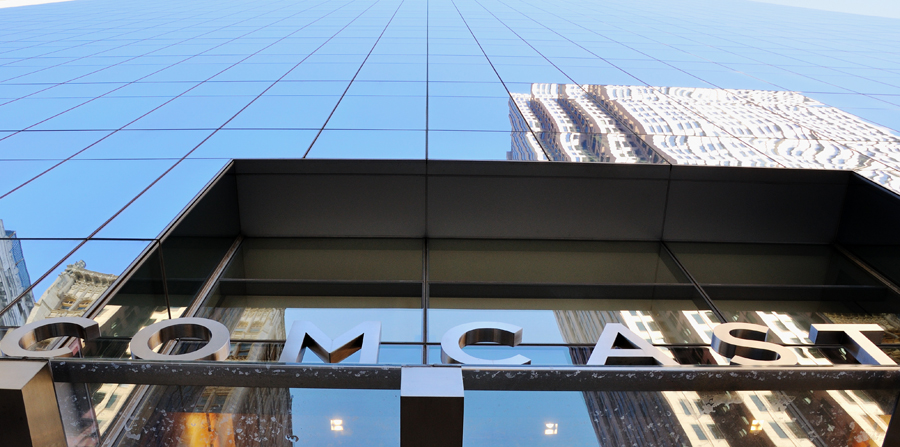
Philly Gets Comcast To Agree To Better Franchise Terms; Now Seattle Wants Them, Too
After a tense year of negotiations, the city of Philadelphia and one of its biggest corporate residents, Comcast, finally came to a new agreement over a cable franchise. The terms of the new 15-year contract are generally good news for Philadelphians, but now Comcast customers on the other side of the country are demanding that they get treated better, too. [More]

There’s A New Streaming Option In Town For MLB Games… But You Still Need Cable To Use It
Keeping current with your hometown baseball team can be, well, a giant pain in the butt. Even if you live in the local market, the easy, ubiquitous over-the-air local broadcasts of games have been fading away over the years in favor of cable. In the streaming-enabled, mobile-friendly, broadband-based world of the 21st century it feels like watching your local sluggers should be easy… but somehow, there’s always still a catch. [More]
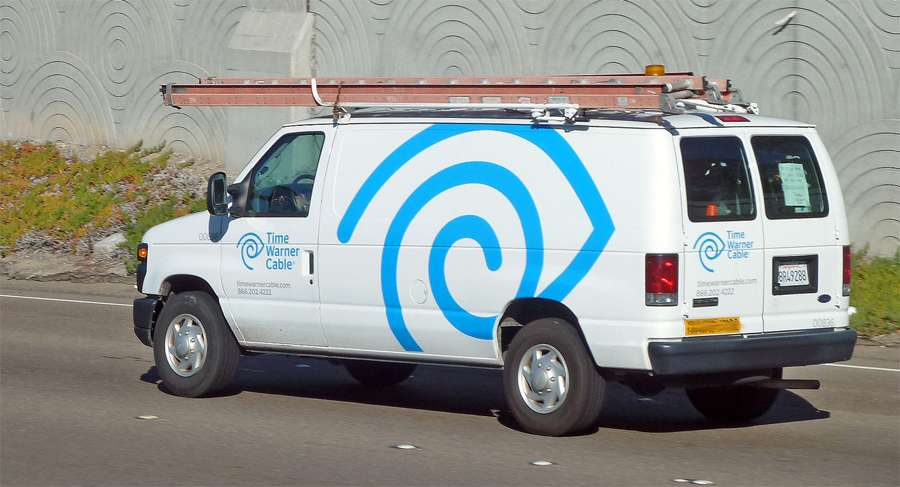
Time Warner Cable’s Cable-Free Cable Is Still Basically Cable, Just On A Roku
Reports dropped a couple of weeks ago that Time Warner Cable was planning to roll out a cable-free streaming option to bring in more TV subscribers. The company has now confirmed that they’re definitely doing that… but not in as flexible a way as consumers had hoped. [More]

Charter/Time Warner Cable Merger Plan Great For Everyone, According To Charter
A couple of weeks ago, the FCC collected everyone’s comments about why Charter should or should not be allowed to go through with buying Time Warner Cable and Bright House Networks in one massive merger. The next step in the process is for Charter to get to respond as to why they think the yea-sayers are right and the nay-sayers are wrong, and they submitted that response this week. [More]
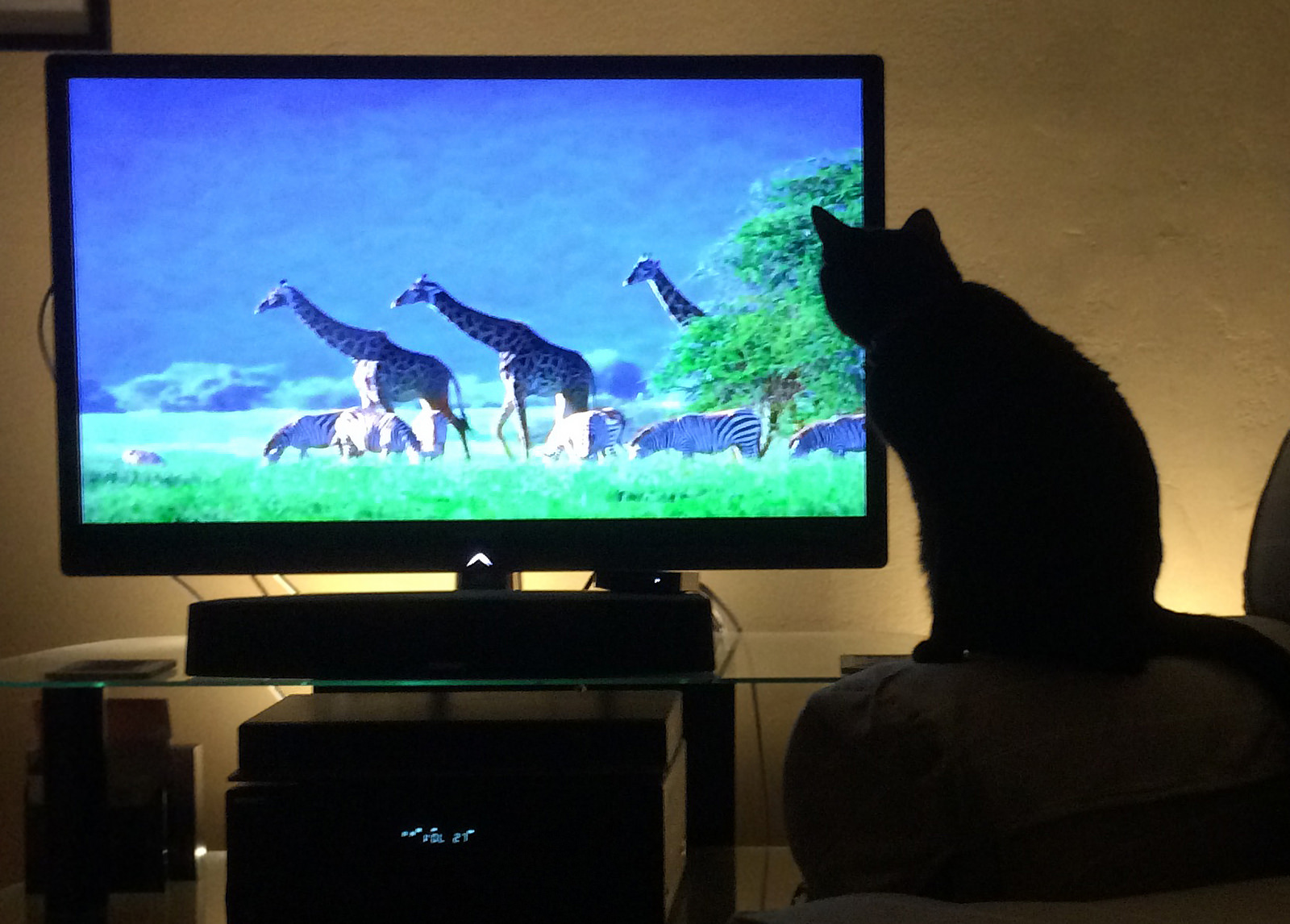
Time Warner Cable Launching Pilot Program To Sell Cable-Free Cable To Cord-Cutters
As it has often been foretold, so it is coming to pass: another major cable company is planning to sell cable-free, internet-based cable to its cord-cutting customers, starting with a pilot program in New York City. [More]

Comcast Could Be The Next Company To Offer Cell Service
Everyone’s favorite (or not) cable, internet and telephone provider, Comcast, could soon be handling your cell service, too. [More]
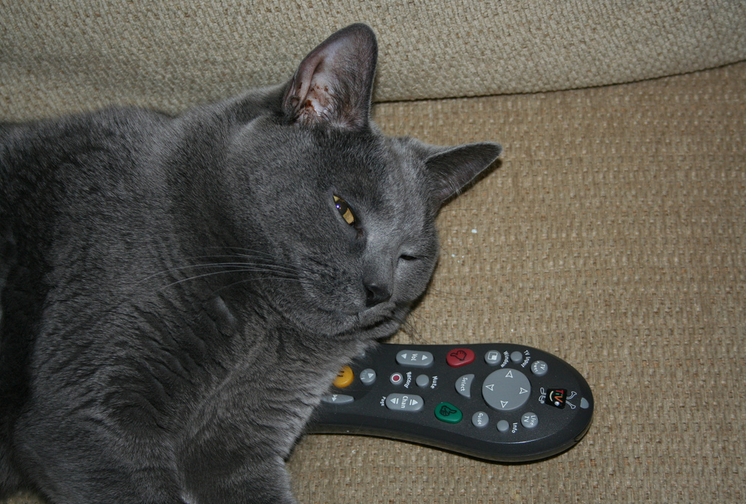
Time Warner CEO Isn’t Worried About Cable TV’s Fate: “Netflix Is Good, But Not That Good”
While cable companies’ investors might be shaking in their boots whenever the word “Netflix” pops up, the streaming video service isn’t the giant slayer it’s been made out to be — at least according to Time Warner Inc. Jeff Bewkes, who says his HBO is better than Netflix. [More]

FCC Proposes Rules To Reduce TV Blackouts, Potentially (But Probably Not) Lower Prices
The FCC has proposed a kind of arcane-sounding rule change that on the surface might not seem to affect consumers very much. But if all goes well, the rule will prove to be the kind of upstream change that prevents all the you-know-what from flowing on downhill to everyone else, and makes one of the most annoying things about cable TV into ancient history. [More]
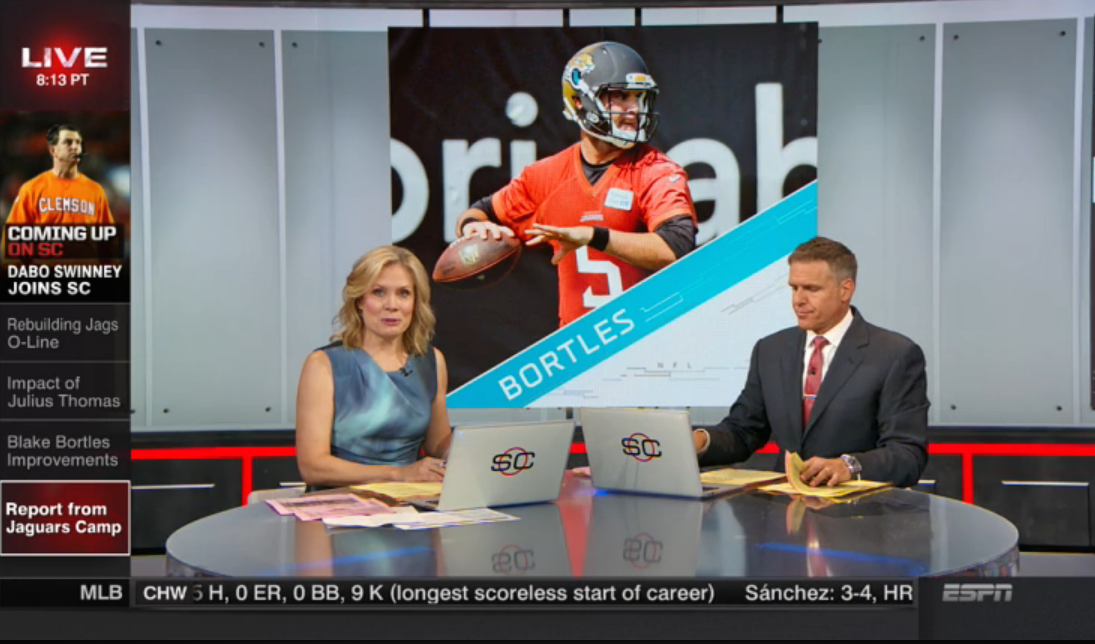
Want ESPN Without Having To Buy Other Channels? Maybe In A Few Years
As some cable and live-streaming services take a step back from offering costly sports-filled channels in their bundles, the parent company of the biggest sports network on cable is looking at other ways to continue its dominance, namely by selling direct to consumers. [More]
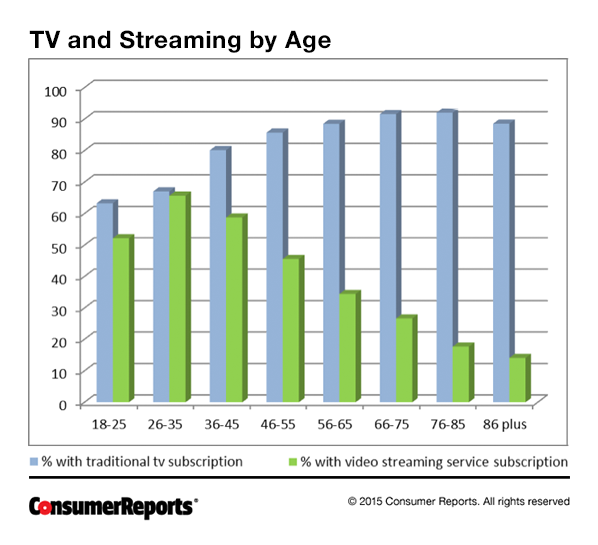
Survey Says: Everyone Still Hates Comcast’s, TWC’s Customer Service
Comcast keeps promising that this is the year their legendarily bad customer service gets an overhaul, but consumers don’t seem to be buying it. A national survey asking consumers about cable and internet companies has, once again, dropped Comcast and Time Warner Cable right at the very bottom of the heap. [More]

Why Charter Thinks Their Plan To Buy TWC Is Different Enough To Succeed Where Comcast Failed
After months of rumors, this morning it became official: Charter plans to step in where Comcast failed, with a $55 billion plan to acquire Time Warner Cable. Regulators looked unfavorably on Comcast’s bid, finding it would have too many negative effects on consumers and on competition. But Charter clearly would not be trying its own takeover, with such a huge price tag, if they didn’t think they stood a good chance of success. So what makes the second offer so different from the first — and is it any more likely to succeed? [More]

Why Your Cable Company Doesn’t Always Know If Your New Address Gets Service
There’s a story we hear far too often: someone is buying a house. Before they put any money down, they do their research. They call the local cable/Internet provider to make sure they can get broadband service at this new address. They double-check. They triple-check. They search the property for wires, call back, and make sure they’ll be okay. Then they take out the mortgage, move in, and… surprise! There’s no broadband service after all, there won’t be any, and now they’re up a very expensive creek. [More]
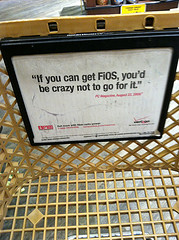
Cablevision Sues Verizon Over FiOS Ads, Claims Verizon’s Touted All-Fiber Network Actually Isn’t
Most of the country doesn’t have much competition for broadband services. But in some of New York City’s boroughs, particularly Brooklyn and the Bronx, Cablevision and Verizon FiOS fight head to head for residential customers. The battle between the two is often ugly, and with a new lawsuit filed yesterday, it just got uglier. [More]

Want To Break Up Your Cable Bundle But Keep Your Favorite Channels? That Could Be About $250
A certain segment of consumers have been clamoring for years for cable distributors to break up the monolithic, 300-channel bundle into a la carte offerings. For those who don’t watch sports, the logic goes, why pay for ESPN? Why pay for TLC if you don’t watch reality TV, or CNN if you don’t give a damn about news? [More]

Why Everyone Is Suddenly Dying To Buy A Cable Company You May Never Even Have Heard Of
Odds are (unless you live in central Florida) that you probably don’t know much about Bright House Networks. The cable company serves about 2 million TV and internet customers, mostly in Florida and also in Alabama, Indiana, Michigan, and California. But in the many eddies rippling through the cable world after the sinking of the Comcast/TWC merger, this one regional provider may be poised to make or break some pretty big deals. [More]

